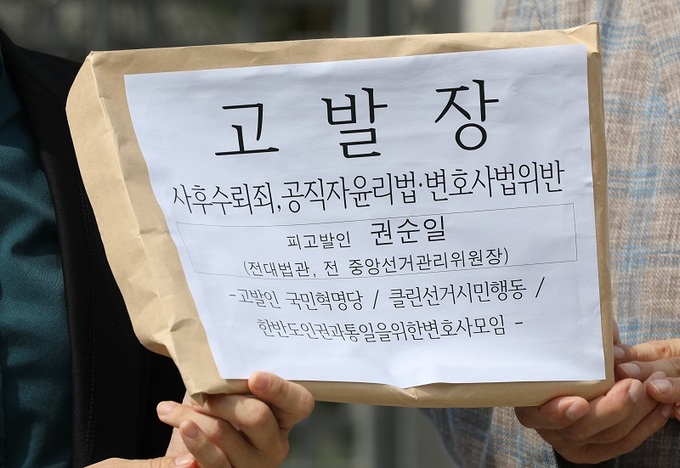Botswana is taking steps towards the elimination of intestinal worm infections or soil-transmitted helminths in school-going children. Between 12 and 18 September, technical WHO staff supported the Ministry of Health and Wellness (MoHW) in Botswana to complete a survey in the Chobe District, for the mid-term evaluation on the impact of the mass drug administration (MDA) on Soil-Transmitted Helminths (STH). This was one of the nine districts that were carrying out the survey that included a total of 60 schools. The survey is in line with the World Health Organization’s 2021-2030 Roadmap on the Neglected Tropical Diseases (NTDs), which establishes global targets and milestones to prevent, control, eliminate or eradicate twenty diseases and disease groups. Furthermore, it contributes to the success of the Sustainable Development Goals.
The purpose of the mid-term review is to inform implementation and strategic decisions towards established objectives of the programme. It also monitors the long-term changes in worm infestation at a national level. The review is conducted under the project ‘Accelerating the Elimination of Neglected Tropical Diseases in Botswana’, funded by the Japanese Government and targeting an estimated population of 140,000 children between 6 and 14 years old.
The current mid-term review is a continuance of the national control plan for SCH/STH that started in 2015, after completing baseline mapping of the relevant regions. The results taken from this mapping led to a mass drug administration (MDA) of Albendazole to primary school-going children in the entire North-West district of the country with an impact of between 99% to 100% coverage in the targeted population.
A total of seven primary schools in the Chobe district were covered during the recently completed mid-term impact assessment. The targeted primary schools are the following: Parakarungu, Kachikau, Pandamatenga, Kasane, Lesoma, Mabele, and Kavimba. WHO and MoHW health workers were able to collect 427 faecal samples from primary school learners.
More than 1.5 billion people suffer from soil-transmitted helminth infestations globally. These infestations are widely distributed in tropical and subtropical environments, with the highest infection rate per population occurring in sub-Saharan Africa, the Americas, China and East Asia. Over 267 million preschool-age children and over 568 million school-age children live in areas where these parasites are intensively transmitted and need treatment and preventive interventions.
Locally, infestations of both schistosomiasis (SCH) and soil-transmitted helminth (STH) infections are widespread throughout Botswana. Nevertheless, the prevalence of infections does not meet the threshold required to warrant large scale interventions. The national prevalence of STH infections in most districts is low risk and only a few districts present as “high-risk”.
Itumeleng Kanwi, the community health nurse at the Chobe DHMT, says that the Chobe Community have in the past responded positively to STH elimination strategy and the previously done MDA. “The good part is that the coverage is always above 99%. It means we are covering all our students/population that we are supposed to cover”. She further said, “I believe it has done wonders to our kids. Some of the parents would talk amongst themselves, that their children used to struggle to eat, but ever since these tablets were given at school, the children are better!”.
The collected faecal samples were analyzed in the laboratory. Once the data from the samples have been recorded and analyzed, it will be used to guide implementation and further actions in the STH elimination program. Every detailed procedure in the process is a small step taken towards the elimination of STH infestations and eventually towards ending the prevalence of Neglected Tropical Diseases in Botswana.
______________________________________________________________________________
Among sources:
Protocol for Mid-Term Evaluation on Impact of Annual Mass Drug Administration (MDA) on Soil-Transmitted Helminths (STH) 2021 by Ministry of Health and Wellness of Botswana
Interview with Itumeleng Kanwi, Community Health Nurse at the Chobe DHMT on 15th September 2021
Note: This article have been indexed to our site. We do not claim ownership or copyright of any of the content above. To see the article at original source Click Here













